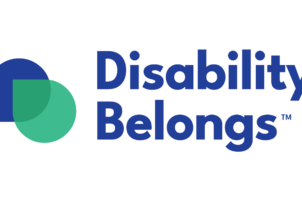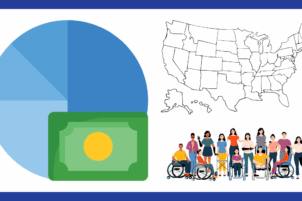New York City, March 20 – Cerebral Palsy (CP) is hard to discuss, specifically because there’s such a wide spectrum of symptoms and severity to consider. While mine presents itself as a limp with balance issues and problems with spatial relations, a friend of mine with the same medical designation can wear high heels without a problem; yet, she struggles with auditory processing. Same diagnosis, different issues.
One constant in this vast continuum of CP is that doctors describe it as a non-progressive disability, meaning that symptoms don’t become increasingly more severe. I used to find this comforting. I’ve since learned that although this is accurate, it’s not entirely true.
After I was officially diagnosed at two years old, I wore plastic braces on my legs, which my mother would decorate with rhinestones and lace trimmings when I had a birthday party. I went to occupational therapy, physical therapy, speech therapy and aquatic therapy, to name a few. Over time, my braces got shorter (though no less fancy!) and my therapy sessions lessened. Today, at 34 years old, the leg braces are gone. I simply slipped my orthotics into my white sneakers on my wedding day – sneakers that my mother once again decorated with rhinestones at my request.
These days, however, I use a walker, and while many of my various therapies were phased out as I got older, I’m now back in physical therapy every week. This could seem like a regression to many, so what happened? As I write this, I’m 20 weeks pregnant. The walker is to help with stability and PT is to keep my body in its best shape for the sake of my still-developing child.
See, CP doesn’t progress, but the person does. I am not the same person I was at two years old, although I will still gleefully squeal at the sight of puppies and my stick figure drawings haven’t improved much. Still, in most ways, I have grown and changed. I was a child who needed leg braces for walking, then became a teenager who had to accept that spatial relations are pretty key to passing a driving exam. I now am an adult who is expecting my first child and wondering about the physical demands of childcare. Life changed, even though my symptoms have not. My muscles are still tighter than they should be, my balance is still iffy, and my depth perception is still lacking. Yet my expectations of and concerns for my body continue to evolve. These nuances aren’t often discussed, and the “non-progressive” label doesn’t provide insight.
At least 4 million parents with disabilities have children under the age of 18. This Women’s History Month, I reflect on joining this group. Over the next 20 weeks or so, I’m assuming my body will continue to change, so my coping mechanisms will have to change with it. If my belly gets too big to continue doing my PT exercises as directed, I’ll have to find another method. When the baby is born, I’ll have to discover ways of holding and maneuvering my infant that I haven’t even considered yet. I’ll learn new limits as things come up – as our infant grows into and beyond toddlerhood – and I’ll find ways around them. I’ll adapt to navigating with a stroller, speed-changing a diaper, and manipulating tiny clothes with even tinier buttons to fasten – all on subsistence levels of sleep. As I learn to adjust, I’ll have to lean on the people around me. I’m thankful to have a large, loving “village” to lean on.
With both child rearing and Cerebral Palsy, the only constant is change. I’ll need to take things one limping step at a time.
Carly Okyle is currently a trainee in RespectAbility’s first cohort for its Women and Nonbinary Speakers Bureau: NYC, funded by the New York Women’s Foundation.









Thank you for sharing, Carly. Well written, good to read.